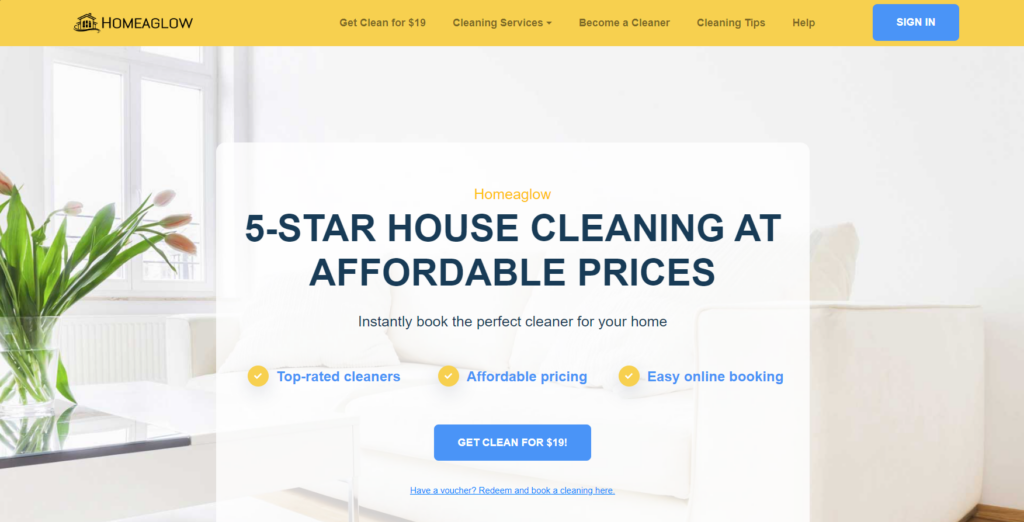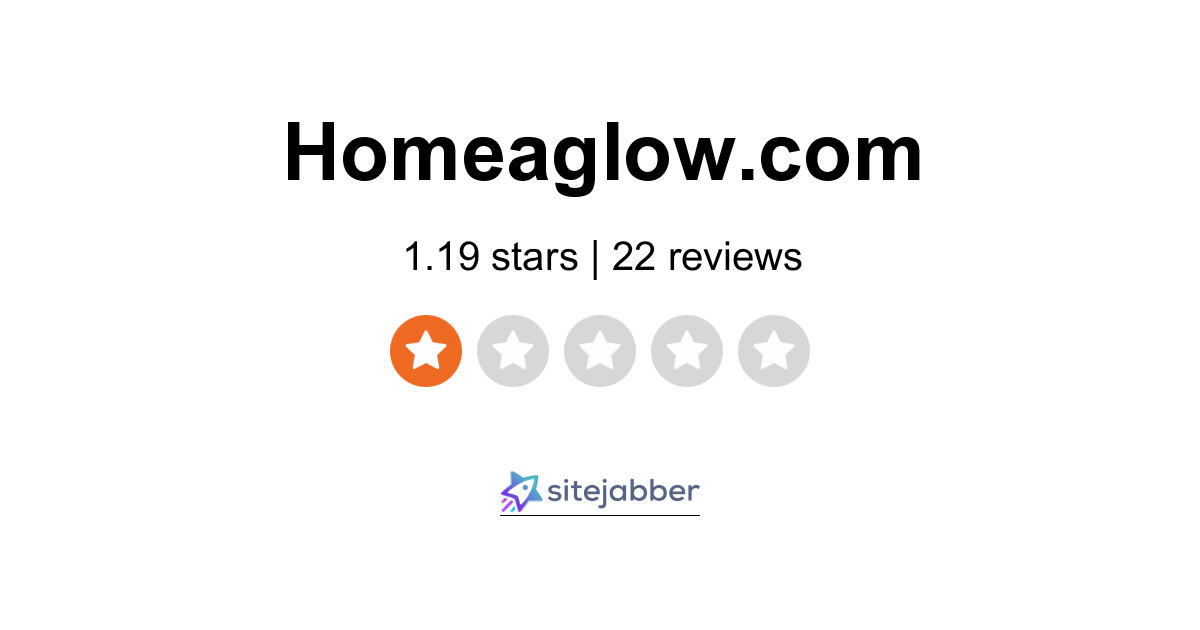Recent developments surrounding the Homeaglow lawsuit investigation have brought significant attention to the rights of gig workers and the responsibilities of platforms operating in this space. Homeaglow, a cleaning service platform, is under scrutiny for alleged misclassification of its cleaners as independent contractors instead of employees. This blog delves into the details of the lawsuit, its implications, and what it means for cleaners and similar platforms.
What Is the Homeaglow Lawsuit About?
The lawsuit against Homeaglow, also known as Dazzling Cleaning, centers on allegations of labor law violations. Cleaners claim that the company misclassifies them as independent contractors to avoid providing employee benefits and protections. However, the nature of their work and the control exerted by Homeaglow allegedly mirrors that of a traditional employer-employee relationship.
Key Allegations Against Homeaglow
- Worker Misclassification
- Cleaners argue that despite being labeled as independent contractors, they are subject to significant control by Homeaglow. This includes strict scheduling, performance evaluations, and task assignments, which are typically characteristics of an employer-employee relationship.
- Unpaid Wages and Overtime
- Workers allege that they have not been compensated fairly for their labor. Claims include unpaid overtime and failure to meet minimum wage requirements.
- Reimbursement for Work-Related Expenses
- Cleaners report paying out-of-pocket for essential supplies and travel costs without reimbursement, a violation of labor laws if they are deemed employees.
- Illegal Deductions
- The lawsuit also accuses Homeaglow of imposing unjustified fees on cleaners, such as charges for advertising and client acquisition.
Who Is Eligible for the Lawsuit?
Cleaners who have worked with Homeaglow or Dazzling Cleaning and believe they were misclassified as independent contractors may be eligible to join the lawsuit. Eligibility typically includes:
- Having worked for the platform during the period covered by the lawsuit.
- Experiencing issues such as unpaid wages, lack of expense reimbursements, or illegal deductions.
- Being subject to control or requirements inconsistent with independent contractor status.
If you’re unsure about your eligibility, consider consulting with a labor attorney or reaching out to the legal team handling the class action for clarification. You can watch this short video for more information on the case:
How to Join the Lawsuit
Joining the Homeaglow lawsuit typically involves the following steps:
- Contact the Legal Team: Find the law firm or legal representatives managing the class action. They can provide detailed guidance on how to join.
- Provide Documentation: Prepare records of your work with Homeaglow, including hours worked, expenses incurred, and any relevant communications.
- Sign Necessary Documents: You may need to sign legal documents to join the class action officially.
For more information, consider visiting legal resources or platforms that specialize in connecting workers with ongoing class actions.
Why Worker Classification Matters
In California, worker classification is governed by Assembly Bill 5 (AB 5), which presumes that workers are employees unless the hiring entity can prove otherwise. Employees are entitled to:
- Minimum wage
- Overtime pay
- Reimbursement for business expenses
- Benefits like health insurance and paid leave

Misclassification denies workers these protections, leading to financial and professional instability.
Legal Actions and Their Implications
In April 2023, a class action lawsuit was filed against Homeaglow in California. The plaintiffs seek damages for unpaid wages, reimbursements, and penalties for labor law violations. If successful, the lawsuit could set a precedent for gig economy platforms, compelling them to reclassify workers and adhere to stricter labor standards.
Broader Implications for the Gig Economy
This case underscores the ongoing tension between gig economy platforms and labor laws. While these platforms offer flexibility, they often do so at the expense of worker rights. A ruling against Homeaglow could:
- Encourage stricter enforcement of labor laws.
- Prompt other platforms to reevaluate their worker classifications.
- Lead to better protections and benefits for gig workers.
Conclusion
The Homeaglow lawsuit investigation is a pivotal moment for gig workers and labor rights advocates. As the case unfolds, it’s essential for cleaners and similar workers to stay informed and proactive about their rights. Platforms operating in the gig economy must balance innovation with compliance, ensuring fair treatment for the individuals who drive their success.
If you’re a cleaner or gig worker affected by similar issues, resources are available to help you navigate this challenging landscape. Stay informed, seek support, and stand up for your rights.


